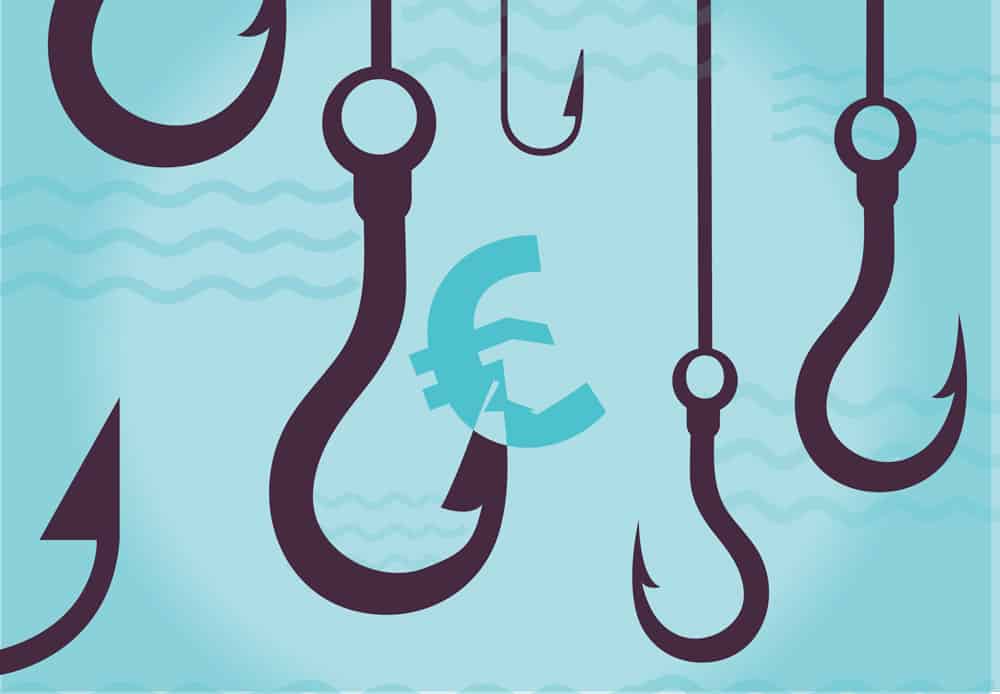Investors need good investment advice, but often they just get advice that sounds good, writes Gary Connolly as he distinguishes the good from the bad.
Stock markets are constantly changing and are a rich source of opinion for market forecasters. Good investment advice on the other hand rarely changes, yet the temptation to pander to the markets constant gyrations can be irresistible. Whilst investors need good investment advice, very often they get advice that sounds good. So how do you distinguish genuinely good advice from that which simply panders to the market?
I rarely listen to CNBC or Bloomberg TV, but on the odd occasion that I am subjected to the opinion of a market pundit on where markets are going next, I invariably cringe. Warren Buffett in his most recent shareholder letter observes that this practice often reminds him of baseball legend, Mickey Mantle’s scathing comment: “You don’t know how easy this game is until you get into that broadcasting booth.” Indeed, television or radio will always privilege style over substance and acting upon sound-bite investment strategies is far more likely to destroy wealth than create it.
Most people in the investment business know that investing is complex and that there is no sure thing, hot tip or next best thing – or at least not one’s which will keep you on the starboard side of the law. Very often people ask for my opinion on an investment and it’s quite clear that it’s based on advice they’ve received from a newsletter, a radio show or worse still from a barstool.

Gary Connolly, managing director, iCubed
ALL MAPPED OUT
If you are investing money, you need to have a detailed investment plan and you need someone that is unemotionally connected from it to help you follow it. Despite best intentions, people can get derailed from their plans, hitching their wagons to a star in search of the illusive free lunch. Abandoning a planned investment strategy can be costly, and research from Vanguard has shown that one of the primary reasons for derailing is behavioural; the allure of market-timing and the temptation to chase performance.
Vanguard conducted a study to estimate the cost of this by comparing investor returns (what the average investor actually earns) to fund returns (what performance funds actually deliver) over time, with large differences being a sign of performance-chasing.
PRACTICE MAKES PERFECT
History suggests that investors commonly receive much lower returns from the funds they invest in, as cashflows tend to be attracted by, rather than precede, a period of strong returns. In the table below, Vanguard shows the performance of funds across various categories for the 10-year period ending 2013. It compares this to the return the average investor in those funds has earned. The performance drag ranges from 1.2%-2.3% p.a.
The theory behind this seems reasonable. But as Yogi Berra once observed, “In theory there is no difference between practice and theory, but in practice there is.”
What is the practical, real-world take-away from this? The glib advice would be to just ignore the tipsters and seek meaningful tailored advice.
People can get derailed from their plans, hitching their wagons to a star in search of the illusive free lunch
RETURN TO LENDER
Investors often buy what they think is exciting, sophisticated, and complex with the embedded assumption that all of these attributes will lead to greater returns. Careful examination of these products often reveals that these attributes are not often associated with strong returns.
I spend a lot of my time researching investment products and I am often reminded of a funny anecdote told by Charlie Munger (Warren Buffett’s partner at Berkshire Hathaway) about the shopkeeper that sells exotic coloured fishing tackle. When asked by anglers as to whether these fancy coloured lures actually worked and attracted more fish, the shopkeeper’s response was, “Mister, I don’t sell to fish.”
The focus of Munger’s ire was investment banks and he used the metaphor of fishing tackle for trading ideas offered by bankers. The fishing tackle salesman (read investment banker) is only concerned with whether his product works to the extent that it affects repeat business. The fishing tackle are purple to attract fisherman, not fish. Many investment products are designed to attract investors, not necessarily investment returns. These products I refer to as the exotic coloured fishing tackle, and are best avoided.
RISK AND REWARDS
Investment markets and products are complex. Complexity is not necessarily synonymous with high risk, but you need to understand what you are investing in. You need to employ the services of a financial adviser to act as emotional circuit breaker circumventing your tendencies to chase returns or run for cover in emotionally charged markets. The evidence provided by Vanguard shows that a single successful intervention, could more than offset years of advisory fees. As a declaration of interest, this is not a service that I provide to retail investors, so I am not talking up my book.
Investment returns will not be determined by investment performance but by your investment behaviour, and this can be influenced positively by impartial advice. As Carl Richards puts it, “you’re paying to put someone between you and stupid.” And remember, free investment advice is the kind that costs you nothing unless you act upon it.







